Today I want to make a slightly different post because it’s been 5 years since we started offering SEO services for Ecommerce at Innovadeluxe. If you are a customer before this, you will know that we used to offer technical solutions for your PrestaShop online store and we decided that we also wanted to accompany you in the process of evolution in Digital Marketing.
In these 5 years we have implemented many strategies in different types of Ecommerce projects, we have increased a lot the traffic of the projects and we have generated a lot of revenue through the organic channel.
Now, 5 years later, I want to share what we have learned with you and your project in these years. Because yes, just as you learn with us, we learn with you.
Table of contents
SEO is the most profitable channel
Let’s start strong. Yes, SEO is the most profitable channel. And it is with data in hand. The investment vs. return of an SEO project is huge. We have seen and managed strategies in different online channels such as Google Ads, Social Ads, Social Media and Emailing among others.
The organic channel is, in general, the channel that has the best conversion rate compared to the rest of the customer acquisition channels. Yes, I am talking about acquisition channels because not all channels and not all strategies are based on acquisition. We can also work on loyalty, but it is like trying to compare apples and pears.
If we compare Google Ads (and Google Shopping, of course) versus SEO, SEO wins hands down. The conversion rate of organic traffic is easily 30% higher than that obtained by paid traffic, not to mention that the value of the cart is also somewhat higher.
Continuing with the same comparison and talking about the evolution of the different channels, as a general rule, the evolution of traffic and sales of Google Ads is linked to the investment in Ads. This means that, if you invest 5000€, you are not going to grow much more than what you get for those 5000€. You can be fine-tuned, yes, but that will achieve a slight growth once the campaigns are established. Organic traffic, on the other hand, the only limit it has is the potential customers you have in Google.
Does this mean that you only have to work SEO in your Ecommerce? Not at all. We believe in multichannel strategies and in the different phases of a project one channel is more relevant than others. But, in the long term, SEO is the most profitable channel without a doubt.

No need to be in a hurry with SEO
Following on from the above, SEO is for the long term. It is very rare for an SEO project to work in the short term. And this makes sense. The first thing we do is to audit your project, analyze the myriad of factors that affect your project in the face of Google and set a short, medium and long term strategy based on the priorities that your project has in terms of optimizations.
Of course, taking this into account, implementing all this is extremely costly in terms of resources and trying to go faster does not necessarily mean getting a better result in the short term.
Therefore, you should not expect great results in the first months of your project. That will generate frustration due to unrealistic expectations. It has happened to us that, sometimes, a client has told us about promises that have been made and how frustrating it has been to reach the agreed deadline and not have met the goal.
Does this mean that you will not see results in the short term? Not at all. The normal thing, in 95% of the cases, is that your project starts to grow from the first month and in an organic way it will increase exponentially until, after a few months, you see that your investment is really profitable.
But we cannot expect to multiply x5 your traffic and your investment in the first month. That is unthinkable and unrealistic. For that we have Google Ads. But, as I said in the previous point, in the long term SEO is the most profitable channel.
There can be no traffic without conversions
Another important point to address, yes, and here I want to tell a story. A few years ago a project came in with a considerable amount of traffic. When auditing, we realized that their conversion rate was lower than what was appropriate at the point where their project was.
Well, pulling the thread, we realized that they were receiving junk traffic, because they had worked on keywords that, firstly, did not bring transactions, secondly, did not meet the user’s need when searching in Google. What does this translate into? High bounce rate, low conversion rate, less revenue than they actually came from.
Seeing this, we approached the strategy in the following way: the first thing was to analyze the potentially transactional urls and target them for the right keywords previously audited. Once this was achieved, we searched for and found potential urls that could increase the revenues that were not being generated by those urls because either they did not exist or their potential had not been detected.
After a year, the project had 5% less traffic than at the beginning, but had increased its revenue by more than 120% over the previous year, with healthy traffic, a correct conversion rate and a spectacular average cart value.
Moral of the story: more is not always better. When auditing keywords by url you have to select the right ones, not the ones with the most searches. If the user wants Nike shoes, don’t throw him to a url for sports supplements for runners.
You like results, but you like trust even more
By our nature and our methodology, communication is a fundamental factor in SEO projects. This is something that we really like, because it generates a consultant-client bond in which there is trust and this is linked to a better understanding of the project.
We don’t believe in project management where there is no two-way communication. We do not believe in ethereal data reports which are difficult to understand for the layman and we do “things” that seem like dark magic to improve the SEO of your online store.
From the very first moment, the consultant engages in communication with his client, tries to get to know him and builds a bond with his client for a successful long term relationship. He analyzes and explains what needs to be done and solves any doubts that may arise.
Well, we have learned that you like this almost as much, if not more, than the results obtained. And we love it, because we do it by our very nature.
You are the protagonist of your SEO project
Let’s not fool ourselves, the protagonist of your project is you and your project, not us (or your SEO service provider). As I said in the previous point, it is important that the consultant-client relationship exists, because we are the experts in Digital Marketing, but you are the expert in your business.

Therefore, it is important that this connection exists and communication flows, because the consultant will have to know your needs to focus the strategy towards one way or another.
And I will explain it with an example: imagine that the consultant detects that there is sales potential in a product line that you have, but that is hardly relevant because either you have no space in the warehouse, or your supplier does not serve you correctly. If the consultant does not know this, he is going to work on it and generate traffic that will translate into stock-outs and frustration for your customer.
Related Posts



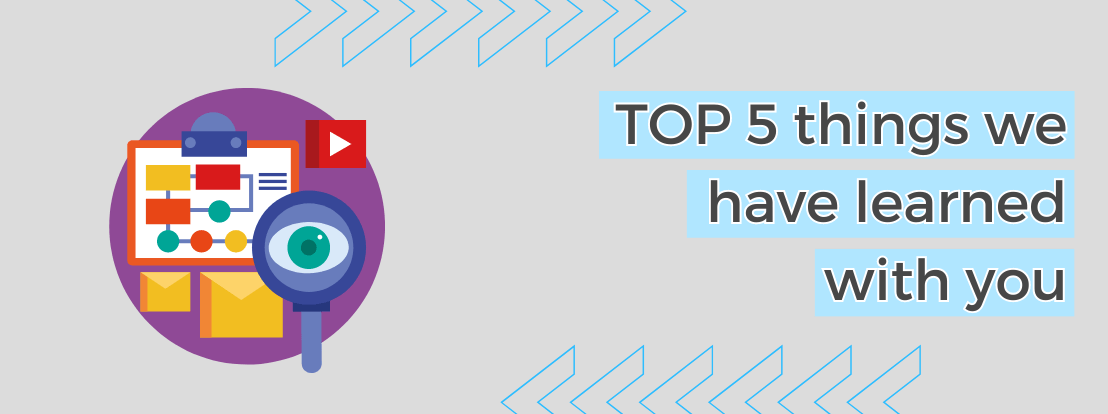

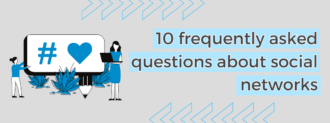
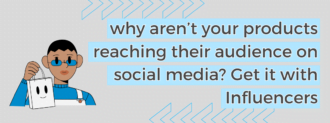
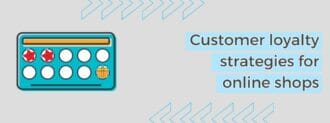
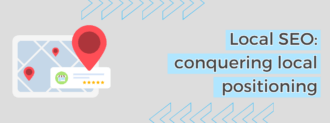
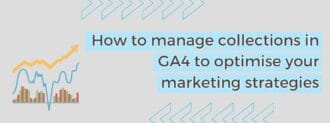
Deja un comentario